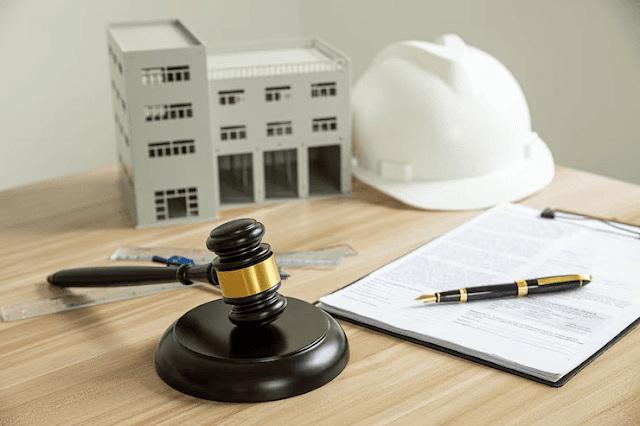How Contractors Can Protect Themselves from Defect Claims
In the construction industry, defect claims are a common concern for contractors. A defect claim occurs when a client or property owner believes that the construction work was faulty, incomplete, or did not meet the agreed-upon standards. These claims can lead to costly legal battles, financial losses, and damage to a contractor’s reputation.
To avoid these issues, contractors must take proactive steps to protect themselves from defect claims. This blog will discuss effective ways to minimize risks, ensure quality work, and safeguard against legal disputes.
1. Understand Construction Laws and Contracts
A strong understanding of construction laws is crucial for contractors. In places like Orange County, hiring a construction defect attorney in Orange County can help contractors stay compliant with local regulations. A well-drafted contract is one of the best ways to protect yourself from defect claims.
How to Protect Yourself with Contracts:
Clearly define the scope of work, materials, and timelines.
Include warranty and liability clauses.
Outline procedures for handling disputes.
Ensure both parties sign and keep a copy for records.
2. Use High-Quality Materials and Skilled Labor
Using substandard materials or unskilled labor increases the risk of defects in construction projects. To protect yourself:
Purchase materials from reliable suppliers.
Keep records of material specifications and invoices.
Hire trained and experienced workers.
Supervise work to ensure quality standards are met.
3. Maintain Proper Documentation
Keeping detailed records can help you defend yourself against defect claims. Proper documentation includes:
Contracts and agreements.
Change orders and modifications.
Daily logs of work completed.
Inspection reports and approvals.
If a defect claim arises, having documented evidence can strengthen your case and help your construction defect attorney prove that you followed industry standards.
4. Perform Regular Inspections and Quality Control
Frequent inspections during and after the construction process can help catch defects early. To ensure quality control:
Conduct site inspections at different project stages.
Address any potential defects immediately.
Keep a checklist to ensure all safety and quality standards are met.
5. Obtain Proper Insurance Coverage
Insurance is a crucial part of protecting your business. Consider obtaining:
General liability insurance to cover property damage and injuries.
Professional liability insurance to cover claims of negligence or errors.
Builder’s risk insurance to cover damages during construction.
Having the right insurance coverage can help minimize financial losses if a defect claim arises.
6. Communicate Effectively with Clients
Clear and open communication with clients helps prevent misunderstandings that can lead to defect claims. Keep clients informed about:
Project progress and timelines.
Any changes or issues that arise.
The maintenance and care of completed work.
A well-informed client is less likely to file a defect claim due to unrealistic expectations.
7. Work with a Construction Defect Attorney
A construction defect attorney in Orange County can help you navigate legal complexities and handle defect claims effectively. Having an attorney on your side provides:
Legal guidance to prevent disputes.
Assistance in drafting contracts and agreements.
Representation in case of lawsuits.
If a defect claim arises, an experienced construction defect attorney can help you resolve the issue and protect your business.
8. Offer Warranties and Follow Up on Completed Work
Providing a warranty on your work shows confidence in your craftsmanship and builds trust with clients. Clearly outline:
What the warranty covers.
The duration of the warranty.
Steps clients should take if issues arise.
Following up with clients after project completion can also help address minor issues before they become major disputes.
Conclusion
Defect claims can be costly and damaging to a contractor’s reputation. By following best practices, such as using high-quality materials, maintaining documentation, conducting inspections, and working with a construction defect attorney, contractors can minimize their risks.
Being proactive and prepared will help you avoid legal troubles and ensure the success of your construction business.
.png)

Comments
Post a Comment